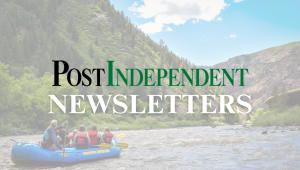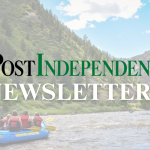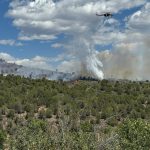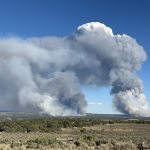Friday letters: Public radio support and health data privacy
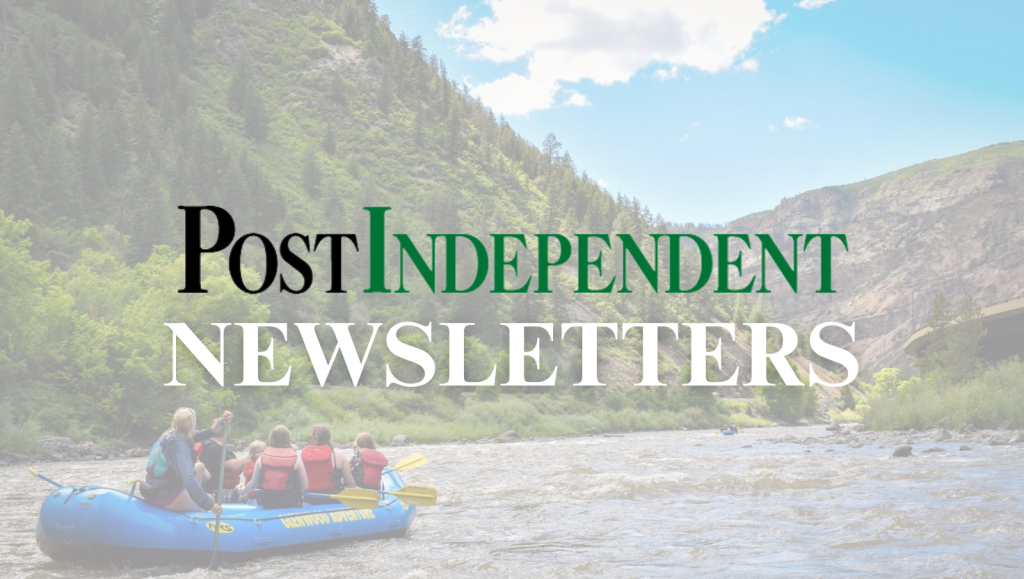
Support for Aspen Public Radio critical amid federal cuts
The staff at Aspen Public Radio would like to thank everyone who made a gift during our Summer Membership Drive. We started the week at $0 and by midnight on Friday had secured $25,055 in financial support from you, with donations continuing to come in — because listeners know this year is different.
Last month, Congress voted to rescind previously approved appropriations with real and immediate consequences: the station has lost $154,000 in federal funding, which we now need to raise locally by Dec. 31. If you have the ability to make a gift of support, now is the time to join in this fight to defend public media and the role of local journalism in our community.
Whether you tune in to 91.5 FM or 88.9 FM, or go online to aspenpublicradio.org for informative, entertaining and educational programming each day; depend on our team of local reporters for context and understanding; or rely on the station to be on the air when power is out, cell service is down or evacuation orders are underway — Aspen Public Radio has been broadcasting since 1981 because of local listener support.
Individual contributions, local governments and foundations, vehicle donations, City Market rewards, underwriters and major gifts to support dedicated reporting desks — there are so many ways you make the work of this radio station possible. Thank you.
Breeze Richardson, executive director, Aspen Public Radio
Medical privacy protections are at risk
As a family physician, one of my priorities is protecting the privacy of my patients. Medical confidentiality is protected under a regulation known as HIPAA, which keeps details that could identify an individual — such as their birthdate or Social Security number — and information about specific health diagnoses from being disclosed to others. I am extremely concerned about impending risks to this protected information.
The largest breach of confidentiality is an agreement between Medicaid and Immigration and Customs Enforcement (ICE). The U.S. Health Department reported an agreement that allows ICE to use Palantir software to access information about approximately 79 million Medicaid enrollees, to help ICE more easily locate individuals it believes are in the U.S. illegally. The reality is that unless an undocumented person is in significant distress, they will not qualify for Medicaid. According to the Congressional Research Service, in 2023, noncitizens represented only 6%, or fewer than 5 million Medicaid enrollees under the age of 65.
According to the National Coalition for the Homeless, legislators are discussing laws to share health data on unhoused people with the intent of considering mandated medical treatment. While this is a population with a high prevalence of health issues, this legislation will not differentiate between those who might or might not benefit from treatments.
The American Civil Liberties Union notes that the Department of Health and Human Services is advocating for an “autism registry” but hasn’t engaged with autistic populations to determine how this registry will serve their needs or how data will be kept confidential.
Compromising medical confidentiality also increases the risk of bad health outcomes. If patients fear for their privacy, they may not seek medical care until they are sicker and harder to cure. In the process of undermining our protected health information, we are putting at risk some of our most vulnerable populations.
Contact your legislators and tell them to keep protected medical information confidential.
Maria Yvonne Chansky, Glenwood Springs

Support Local Journalism

Support Local Journalism
Readers around Glenwood Springs and Garfield County make the Post Independent’s work possible. Your financial contribution supports our efforts to deliver quality, locally relevant journalism.
Now more than ever, your support is critical to help us keep our community informed about the evolving coronavirus pandemic and the impact it is having locally. Every contribution, however large or small, will make a difference.
Each donation will be used exclusively for the development and creation of increased news coverage.
